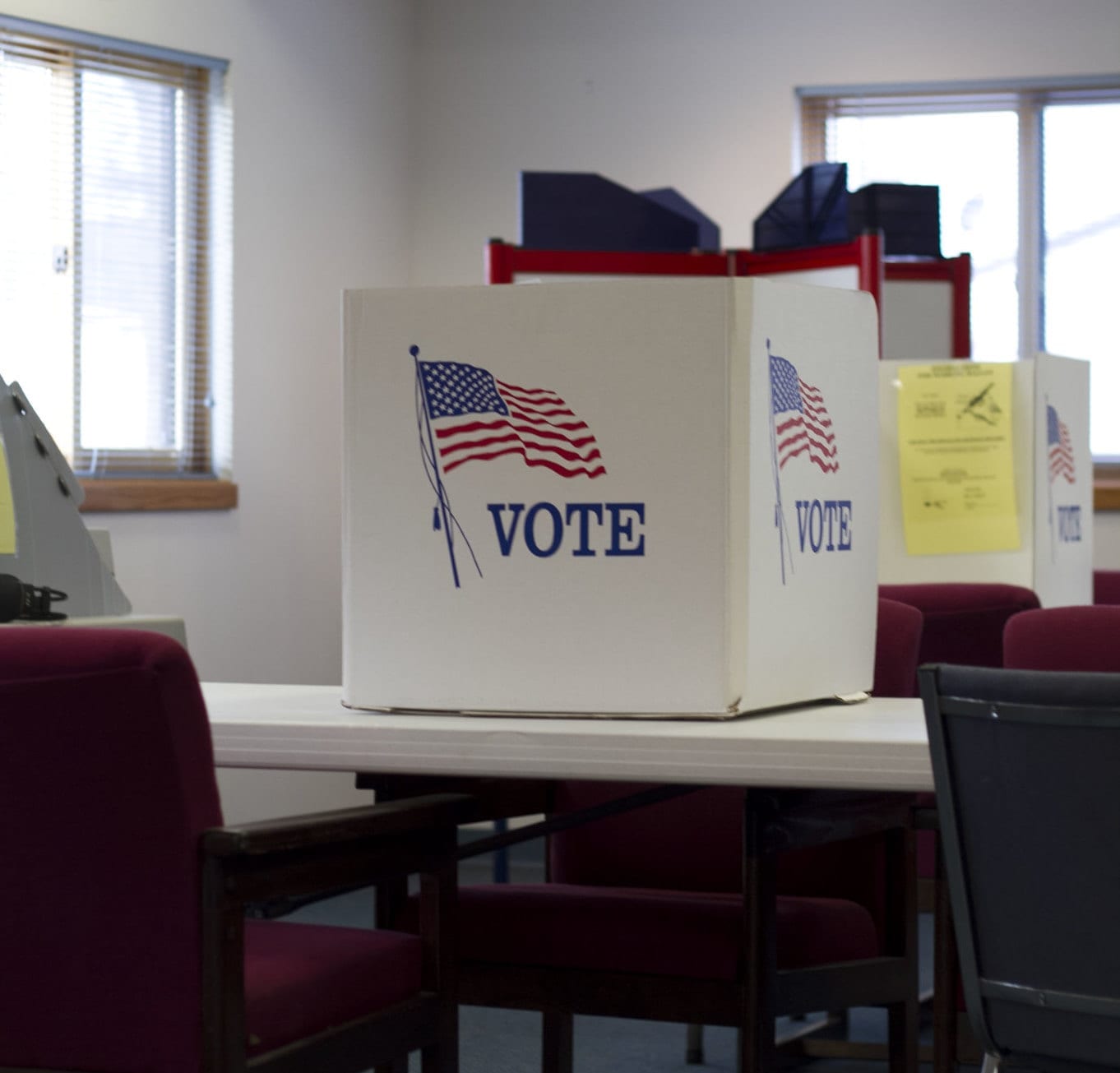
Nebraska, Utah Vote to Eliminate Slavery as Punishment for a Crime
Slavery or involuntary servitude as punishment for a crime is legal in the United States and that must end. The Thirteenth Amendment to the U.S. Constitution abolished slavery and involuntary servitude for most, but carved out an exception for those convicted of a crime:
Neither slavery nor involuntary servitude, except as a punishment for crime whereof the party shall have been duly convicted, shall exist within the United States, or any place subject to their jurisdiction.
Senator Jeff Merkley announced on July 1 that he would introduce a Constitutional amendment to remove the exception and has created a petition on the topic. A variation of the exception language is also present in the laws of many states. During the November 2020 general election, voters in Nebraska and Utah overwhelmingly supported ballot measures that will eliminate the exception from their state constitutions. Human Trafficking Search created a chart to track state efforts to remove the exception that we will update periodically.
Prisoners in the United States are incarcerated in federal, state, and private prisons; and most are required to work while serving their time. The type of work prisoners undertake falls into three categories. The majority work running the prison, commonly referred to as institutional maintenance; some work for a correctional industry making goods for sale mostly to government agencies and educational institutions; and a small percent work for private companies that sell goods to the general public. Those working for private companies must be paid the prevailing wage, but there are loopholes, and up to eighty percent of their wages can be taken by the prison. The other types of jobs pay little or nothing. Incarcerated workers have reportedly been punished with solitary confinement and extended sentences through the removal of good behavior points for refusing a work assignment.
International labor law outlaws the use of prison labor by private companies. It allows forced labor of prisoners if the work is overseen by the state, but racial discrimination is never prohibited. When reviewing the United States’ compliance with the forced labor convention, the International Labor Organization’s Committee of Experts noted with concern the racial disparities in the U.S. prison system and urged the United States “to pursue and strengthen its efforts at the state level to implement policies and practices to identify and reduce racial and ethnic disparities in the criminal justice system to ensure that the punishment involving compulsory labour is not meted out more severely to certain racial and ethnic groups.”
At the state-level, activists have been engaged in efforts to remove the exception that allows involuntary servitude by convicted criminals. Colorado is the first state to have successfully amended their constitution. Civil society organizations mounted a campaign to put the question of whether to eliminate the carve-out directly to the voters. In 2016, the ballot measure did not pass. Activists believe this was because the phrasing of the ballot measure was too convoluted. In 2018, the wording was simplified. Voters were asked:
Shall there be an amendment to the Colorado constitution that prohibits slavery and involuntary servitude as punishment for a crime and thereby prohibits slavery and involuntary servitude in all circumstances?
With the clearer verbiage, 66.23% voted in favor of removing the exception. The provision now reads: “There shall never be in this state either slavery or involuntary servitude.”
In the November 2020 general election, approximately 68% of voters in Nebraska and almost 81% of voters in Utah favored eliminating the exception in their state constitutions. Minnesota, Wisconsin, and Tennessee are also working to introduce ballot measures to eliminate the exception from their constitution, but these efforts have not yet made it out of the legislature in those states.
This trend toward state level efforts to ensure all forms of slavery are prohibited, and Senator Merkley’s announcement that he is introducing an amendment to remove the exception, are positive and a recognition that in the twenty-first century, slavery must be abolished once and for all.
Amy McGann is the Program Director at Human Trafficking Search
Photo credit: Lindsay D’Addato/WyoFile
